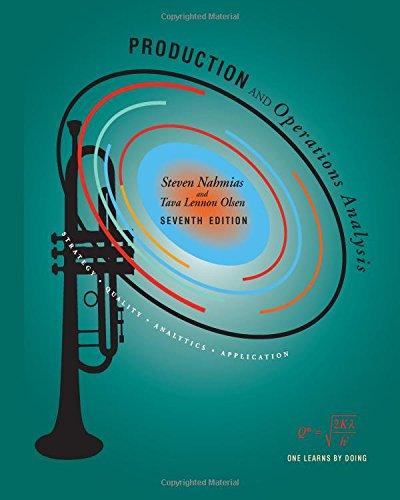Suppose that X1 and X2 are independent random variables having the uniform distribution on (0, 1, 2,
Question:
Suppose that X1 and X2 are independent random variables having the uniform distribution on (0, 1, 2, 3, 4, 5). That is, f( j) PXi j for i 1, 2 and 0 j 5.
a. Compute E(X1) and Var(X1). [Hint: Use the formulas
b. Determine the probability distribution for Y X1 X2. [Hint: For each possible value of Y, determine all combinations of X1 and X2 that result in that value. For example, Y 3 can be obtained by (X1, X2) (0, 3), (1, 2), (2, 1), and (3, 0).
Since each pair has probability we obtain PY 3
Repeat this process for all values of Y. As a check be sure that![]()
c. Using the results of part (b), find P1.5 Y 6.5.
d. Using the results E(Y) 2E(X1) and Var(Y) 2Var(X1), approximate the answer to part
(c) using a normal distribution.
e. Suppose that X1, X2, . . . , X20 are independent identically distributed random variables having the uniform distribution on (0, 1, 2, 3, 4, 5). Using a normal approximation, estimate![]()
f. Do you think that the approximation computed in part (d ) or part
(e) is more accurate?
Why?
Step by Step Answer:

Production And Operations Analysis
ISBN: 9781478623069
7th Edition
Authors: Steven Nahmias, Tava Lennon Olsen






